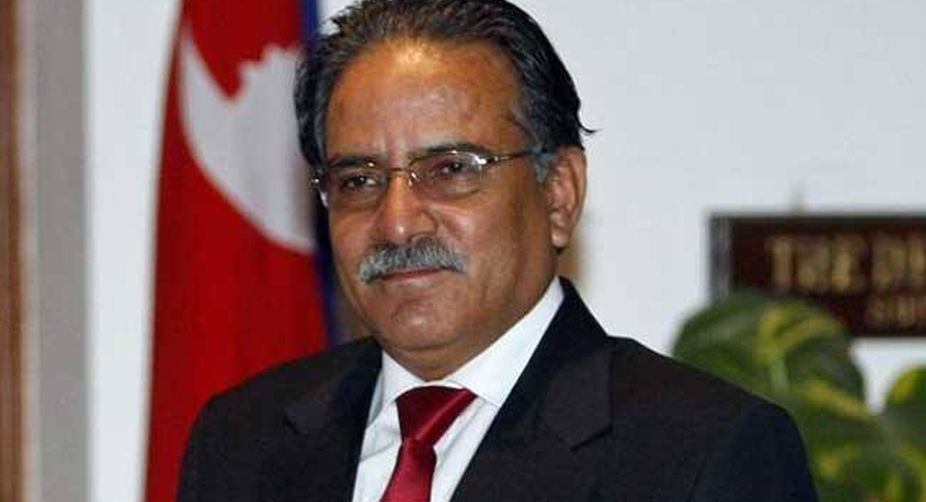For once, the Kathmandu roulette has revolved without bitterness. Mercifully for Nepal, Wednesday’s change of guard in the Himalayan country has happened without another bout of political turmoil. The resignation of Prime Minister Pushpa Kamal Dahal ‘Prachanda’ ends the stewardship of a Maoist head of government in a nation where royalty had once reigned supreme. Equally, the fact that he has handed over the baton to the Nepali Congress president, Sher Bahadur Deuba, is perfectly in accord with the power-sharing agreement that was concluded in August last year between the Communist Party of Nepal (Maoist) and the ruling partner, Nepali Congress. The pact is intended to run the government on a rotational basis until elections to Parliament are held in February next year. The certitudes of a coalition have thus been upheld in a country that has in the recent past been plagued by political instability, not to forget natural catastrophes.
The Nepal experiment is somewhat akin to the arrangement in another SAARC country ~ Afghanistan ~ where Ashraf Ghani and Abdullah Abdullah have inked a power-sharing arrangement. While the provincial and national elections will now be held with Deuba at the helm, Prachanda can be credited for the peaceful conduct of local elections, that for the past two decades had been placed in a state of suspended animation. Elections to the quangos are, at least theoretically, scheduled to be held every five years, but the process was stopped since May 1997 because of political instability. It is no mean achievement on the part of a Maoist Prime Minister to have conducted the polls on 14 May with- out bitterness, let alone violence. Nepal has without question registered a critical step towards strengthening democracy.
It redounds to Prachanda’s credit that he has been able to impart a measure of stability in India-Nepal relations. He has utilised his second stint as Prime Minister to make India his first port of call rather than China, which even during the earthquake in April 2016 had tried to undercut India’s influence. It bears recall that with KP Oli as PM, Nepal had rejected India’s aid package, preferring China’s instead. Not that bilateral relations were cordial during Prachanda’s first stint, but in course of his second innings on Kathmandu’s Singha Darbar, it must be acknowledged that he has avoided the roller-coaster drift in ties. Nepal’s relations with India will of course hinge on addressing the disaffection of the Madhesis. Politically, Prachanda’s major achievement was to have transformed the movement spearheaded by Maoist rebels into a political party after the peace deal with the government in 2006. The Left radicals are no less a challenge in India, but 50 years after the upsurge in Naxalbari the political class has steered clear of any engagement with yesterday’s Naxalites or today’s Maoists.
Advertisement











